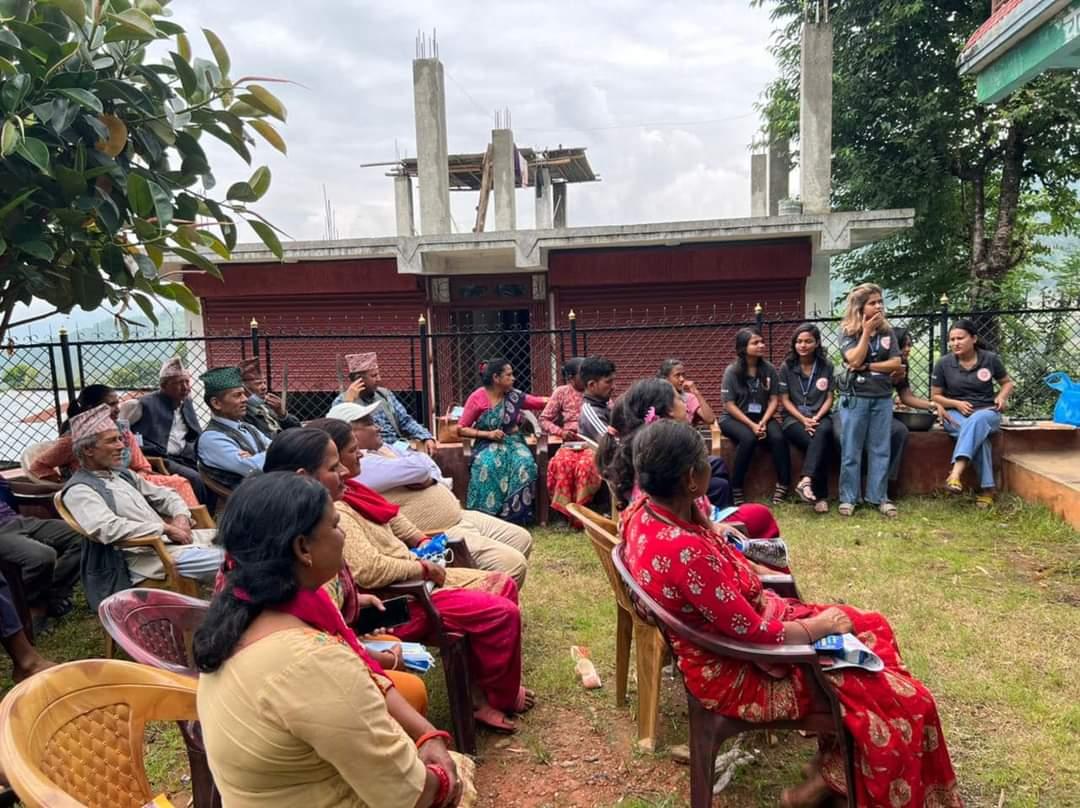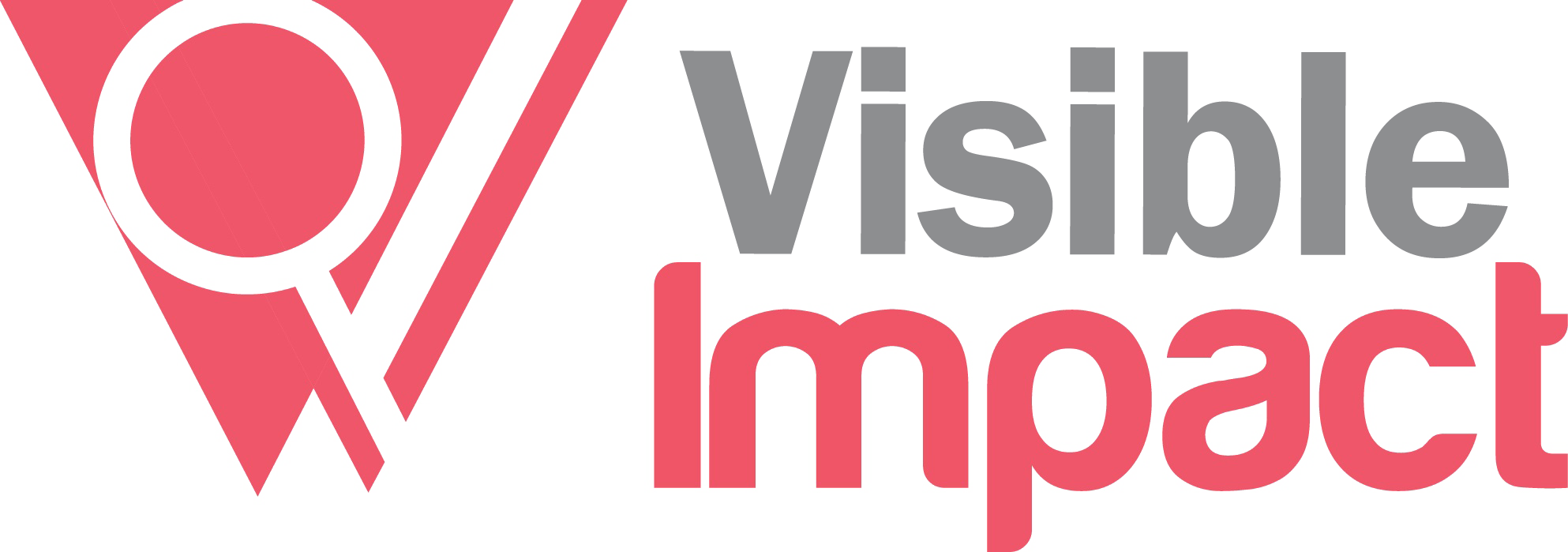"Discovering the hidden struggle"

During my community health diagnosis trip to Dolakha District, Nepal, I was deeply moved by the stories of many women suffering from uterine prolapse. This experience opened my eyes to the widespread yet hidden struggle these women face.
Dolakha District is a picturesque area surrounded by mountains and lush greenery. However, beneath its serene beauty lies a silent health crisis. As a part of my study, my mission was to gather data on community people’s health issues. Little did I know that I would uncover a significant problem affecting many women; uterine prolapse.
During the initial phase of our data collection, I noticed that women were reluctant to talk about their health problems. It wasn’t until we built trust that they began to open up. To my surprise, a significant number of them revealed that they were suffering from uterine prolapse.
One woman shared her story with me. She is a mother of three children, has been dealing with uterine prolapse for over five years. She explained that her condition began after the birth of her youngest child. At first, she didn’t tell anyone about her discomfort and pain. She felt ashamed and feared being judged by her community. Another woman told me about her own experience. Her prolapse started after carrying heavy loads of firewood and water daily. She endured the pain in silence, believing it was a normal part of being a woman. By the time she sought help, her condition had worsened significantly.
Many women in Dolakha used traditional remedies to alleviate the pain and discomfort caused by uterine prolapse. These remedies often includes: women using herbal compresses made from local plants to relieve pelvic pain. While these compresses offer temporary relief, they do not address the underlying problem.
Some women create makeshift support garments from cloth to hold the uterus in place. These garments provide some comfort but are not a long-term solution. Others believe that certain foods can strengthen their bodies. They consume specific herbs and foods believed to help with prolapse, although these remedies lack scientific backing.
The stories of many women highlight the urgent need for awareness and proper medical care. Uterine prolapse is a treatable condition, but without proper knowledge and healthcare, it can lead to severe complication.
To tackle uterine prolapse, a prevalent women’s health concern in community, we held an awareness program in Dolakha. We also reported our findings to Palika-level stakeholders, recommending various community-based programs to address this issue further. Additionally, we presented our program to Palika officials, urging them to implement similar initiatives within the community.
Improving access to healthcare services in remote areas like Dolakha is essential. Mobile health clinics, trained local health workers, and regular medical camps can provide much-needed support and treatment for women suffering from prolapse.
It is crucial to break the silence surrounding uterine prolapse. Women should be encouraged to speak openly about their health issues without fear of judgment. Education and awareness programs can help them understand that prolapse is a medical condition, not a personal
